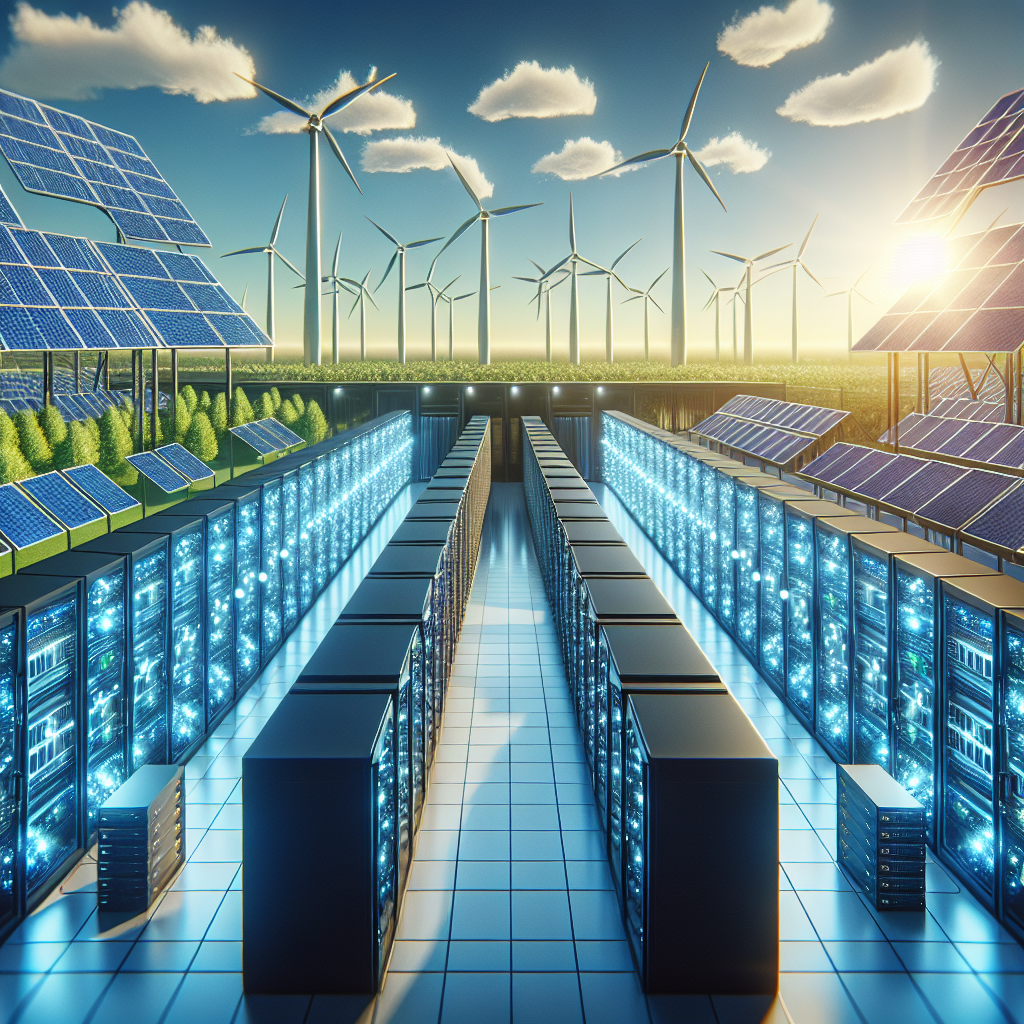Your cart is currently empty!
The Impact of Energy-Efficient Practices on Data Center Operational Efficiency

In today’s digital age, data centers play a crucial role in storing, processing, and managing vast amounts of information. As the demand for data continues to grow, so does the energy consumption of these facilities. In fact, data centers are among the largest consumers of electricity in the world, accounting for a significant portion of global energy usage.
To address this issue, many data center operators are turning to energy-efficient practices to reduce their environmental footprint and lower operating costs. By implementing measures such as virtualization, cooling optimization, and power management, data centers can significantly improve their operational efficiency and sustainability.
One of the most effective energy-efficient practices in data centers is virtualization, which involves consolidating multiple physical servers into virtual machines. This allows data centers to run more efficiently by maximizing server utilization and reducing the overall number of servers needed. By virtualizing their infrastructure, data centers can lower their energy consumption, reduce heat output, and minimize the need for cooling systems.
Another key energy-efficient practice is cooling optimization, which involves using advanced cooling technologies and strategies to maintain optimal temperatures within the data center. By implementing techniques such as hot aisle/cold aisle containment, airflow management, and variable speed fans, data centers can improve their cooling efficiency and reduce energy usage. Additionally, using free cooling techniques, such as airside economization or water-side economization, can further reduce the reliance on mechanical cooling systems and lower energy costs.
Furthermore, power management plays a crucial role in improving energy efficiency in data centers. By implementing power management tools and technologies, data centers can monitor and control power usage across their infrastructure. This includes techniques such as power capping, dynamic voltage and frequency scaling, and power distribution unit (PDU) monitoring. By optimizing power usage and reducing wasteful energy consumption, data centers can achieve significant energy savings and improve their overall operational efficiency.
Overall, the impact of energy-efficient practices on data center operational efficiency cannot be overstated. By implementing measures such as virtualization, cooling optimization, and power management, data centers can significantly reduce their energy consumption, lower operating costs, and enhance their sustainability. As the demand for data continues to grow, it is imperative for data center operators to prioritize energy efficiency and adopt environmentally friendly practices to ensure a more sustainable future for the industry.

Leave a Reply